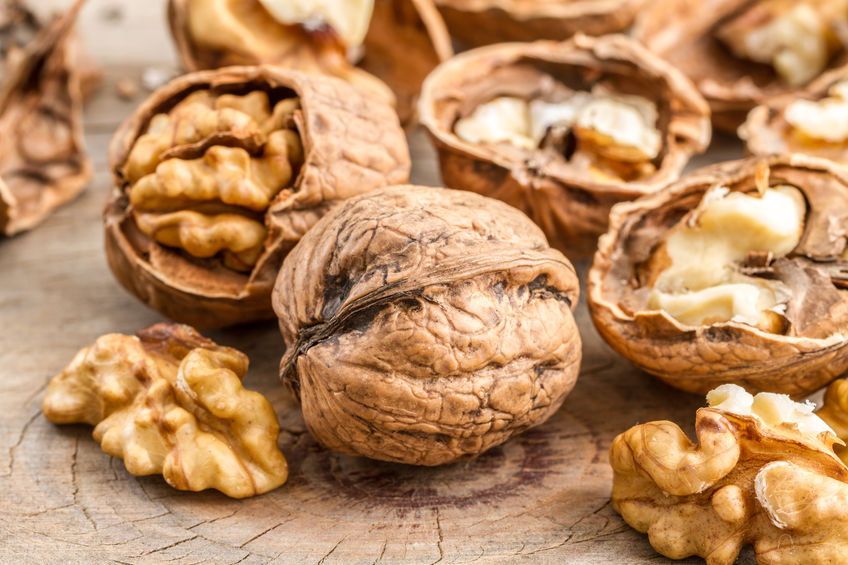By John Salak –
The belly is fast becoming the place to be for the health conscious. Not, of course, the flabby bit that hangs over a person’s waistline. But rather the gut microbiomes that hold countless microbiota such as bacteria, archaea, fungi, protists and viruses.
Admittedly, it’s a good place to focus on because if all these microbes aren’t working in balance, chances you’re in for trouble, possible serious trouble that could have an immediate as well as long-term health impact. Just ask the more 70 million people in the U.S. who suffer from digestive diseases about ignoring gut health.
Medical researchers and professionals, not surprisingly, are increasingly focused on discovering the range of related problems and how to build a healthier gut. A study that was just presented at the European Society of Cardiology, in fact, found that higher levels of eleven bacteria found in the gut microbiome were connected to at least 28 health and disease outcomes. These included chronic obstructive pulmonary disease; atopy—a genetic tendency to develop allergic diseases like asthma and eczema: frequency of alcohol intake; high blood pressure; high blood lipids: and varying levels of Body Mass Index.
“Our study indicates that microbiota might have an important role in maintaining health and could help us develop novel treatments,” reported the study’s author, Dr. Hilde Groot of University Medical Centre Groningen, the Netherlands.
So, what’s the answer to promoting good gut health? A healthy diet is a great place to start, which among other things, involves eating a diverse range of foods that includes lots of vegetables, fruits, legumes and beans. Remember to include fermented foods like yogurt, kimchi, kefir, along with prebiotics foods that growth beneficial gut microbes and try to avoid foods with too many artificial sweeteners.
A healthy gut may also mean reaching for the nuts, especially walnuts. Research out of Penn State maintains that a few mouthfuls of walnuts each day increases certain gut bacteria that could lessen the risk of heart disease.
“There’s a lot of work being done on gut health and how it affects overall health,” reported Penny Kris-Etherton, distinguished professor of nutrition at Penn State. “So, in addition to looking at factors like lipids and lipoproteins, we wanted to look at gut health. We also wanted to see if changes in gut health with walnut consumption were related to improvements in risk factors for heart disease.”
Penn State’s study of 42 overweight individuals apparently found munching daily on walnuts yielded significant returns.
“Replacing your usual snack—especially if it’s an unhealthy snack—with walnuts is a small change you can make to improve your diet,” advised Kristina Petersen, assistant research professor at Penn State. “Eating two to three ounces of walnuts a day as part of a healthy diet could be a good way to improve gut health and reduce the risk of heart disease.”
The power of walnuts doesn’t end with gut health, however. These nuts may also slow the cognitive decline of elderly at-risk groups, according to Loma Linda University School of Public Health.
A two-year study of 640 elders found that a daily diet that included walnuts had little positive cognitive effect on those who were relatively healthy, but it had a much greater impact on those who smoked regularly and had lower baseline neuropsychological test scores.
Researchers suspect that the ability of walnuts to offset cognitive decline is due to walnuts containing high levels of omega-3 fatty acids and polyphenols. These are known to counteract oxidative stress and inflammation, which both foster cognitive problems.
“While this was a minor result, it could lead to better outcomes when conducted over longer periods of time,” said Joan Sabaté, MD, DrPH, professor of nutrition and epidemiology at Loma Linda. “Further investigation is definitely warranted based on our findings, especially for disadvantaged populations, who may have the most to gain from incorporating walnuts and other nuts into their diet.”













